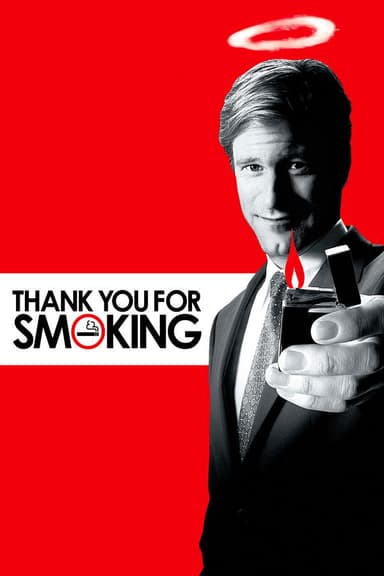
The War of the Roses
1989 • Comedy, Drama • R
Barbara and Oliver Rose live happily as a married couple. When Barbara starts to wonder what life would be like without Oliver and likes what she sees, the two begin a campaign to force each other to leave their house, with their divorce lawyer D'Amato caught in the middle.
Runtime: 1h 56m
Why you should read the novel
If you truly want to appreciate the biting satire and emotional complexity of The War of the Roses, the novel by Warren Adler offers far more depth than its cinematic adaptation. The book allows a deeper immersion into the psychological unraveling of Oliver and Barbara Rose as their picture-perfect marriage descends into chaos. Through detailed narration, Adler delivers a vibrant portrait of both their partnership and the increasingly hostile battle for their home.
By choosing the novel, readers can savor Adler's sharp wit and richly detailed characterizations, which build empathy and tension in ways the movie glosses over. The text delves into the nuances of the Roses' motivations, offering insight into why love curdles into resentment. This perspective makes the escalating hostilities more compelling—and, at times, more unsettling—than what is presented onscreen.
Reading the original book also offers the unfiltered voice of Adler, whose command of dark humor and subtle irony creates an unforgettable experience. The novel's exploration of greed, pride, and petty vengeance stays with you long after the last page, providing food for thought on relationships and personal values that a film cannot match.
Adaptation differences
One major difference between the book The War of the Roses and its film adaptation lies in tone; while both embrace dark comedy, Warren Adler’s novel explores far more psychological depth and offers a more nuanced, sometimes tragic perspective on the dissolution of the Roses’ marriage. The movie leans into slapstick absurdity and visual gags, choosing dramatic set pieces over the internal conflicts that are so vivid on the page. As a result, the emotional complexity is much richer in the book.
The narrative viewpoint also differs. In the novel, the story is narrated from the perspective of Gavin D’Amato, Oliver’s lawyer, who shares reflective commentary and shapes the context. While the film uses his narration as a framing device, it does so less frequently and with less introspection. This gives the book more room for psychological insight and backstory, helping readers understand what drives both Oliver and Barbara to the extremes of their bitter feud.
Character backgrounds and motivations are more thoroughly explored in the novel. Adler spends significant time on the Roses’ history, their upbringing, and what attracted them to each other, providing a fuller picture of their fall from grace. The movie, due to time constraints, relies on quick flashbacks and present-day action, sometimes making the Roses’ actions seem more arbitrary or exaggerated rather than the result of slow, emotional build-up.
Lastly, the novel provides a somewhat more somber conclusion, lingering on themes of regret and self-destruction, while the film’s ending is both abrupt and darkly comic, amplifying its shock value. Readers of the book gain a greater sense of the Roses’ humanity—and their tragedy—making the story less about outrageous antics and more about the dangers of unchecked pride and stubbornness.
The War of the Roses inspired from
The War of the Roses
by Warren Adler










